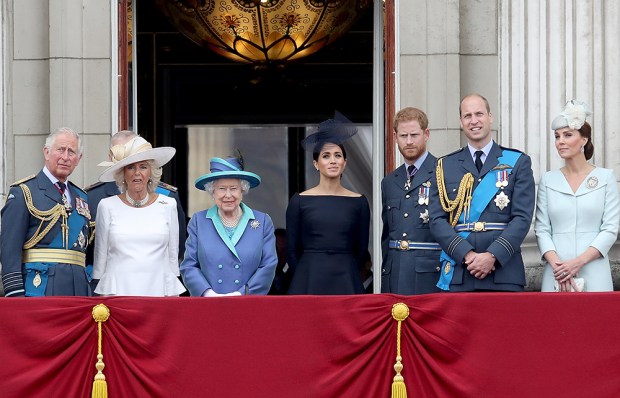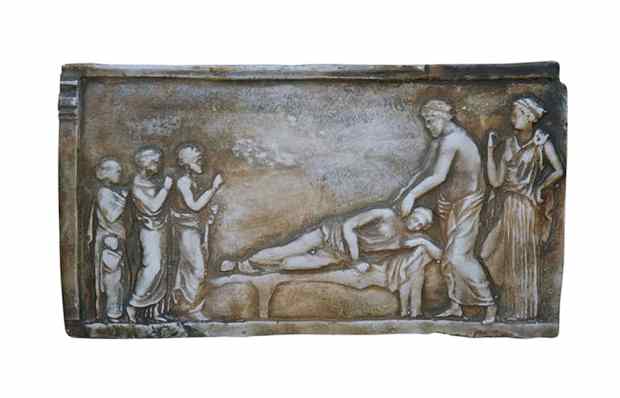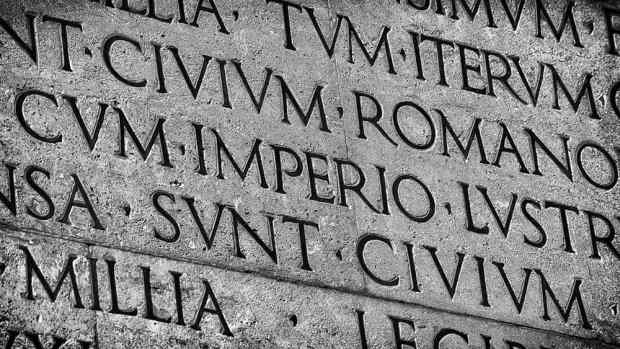Peace with his enemy Kim Jong-un on the one hand, conflict with his European allies on the other: what sense can one make of President Trump? The ancients would have understood him all too well.
The 5th c bc Greek historian Thucydides, seeing how anarchic city-state rivalry made any state liable to be attacked by any other, argued that it was fear that drove relationships. As a result, states were constantly on military alert and ready, too, to take instant aggressive action if necessary. They also feared a reputation for weakness, which simply invited attack. (‘All men,’ said the Greek statesman Demosthenes, ‘should be dealt with according to the power at their disposal.’)
This succinctly explains the Kim Jong-un-Trump standoff. Only fear could have driven Kim’s nuclear programme, while his displays of aggression were an attempt to show he could not be cowed. Trump replied in kind, resulting in a possible agreement. Good: but in the anarchic Greek world, few of the approximately 250 treaties we know of went the distance. Are Kim and Trump any more principled?
When it comes to Trump’s activities in Europe, an analogy with Rome and its allies suggests itself. The Romans’ military might made them formidable foes, but it was their unique ability to build up long-lasting alliances by turning enemies into friends — learned during their subjugation of Italy — that gave them the massive resources needed to control an empire of some 50 million people. But in the 2nd c bc, for example, when they mastered Greece, then withdrew their troops back to Italy, they created a power vacuum that others were happy to fill. Result: Rome had to go back there and start all over again.
With his tariff wars in Europe and attacks on Nato, Trump is in danger of making the same mistake, as if allies are of no consequence. Presumably, by seeing the world as an anarchic playground for the powerful, as the Kims and Putins do, he thinks he will get results. If so, anarchy is the new diplomacy. Perhaps it always was, under the surface.
Got something to add? Join the discussion and comment below.
Get 10 issues for just $10
Subscribe to The Spectator Australia today for the next 10 magazine issues, plus full online access, for just $10.
You might disagree with half of it, but you’ll enjoy reading all of it. Try your first month for free, then just $2 a week for the remainder of your first year.













Comments
Don't miss out
Join the conversation with other Spectator Australia readers. Subscribe to leave a comment.
SUBSCRIBEAlready a subscriber? Log in